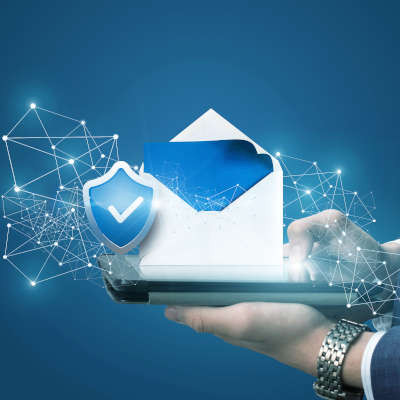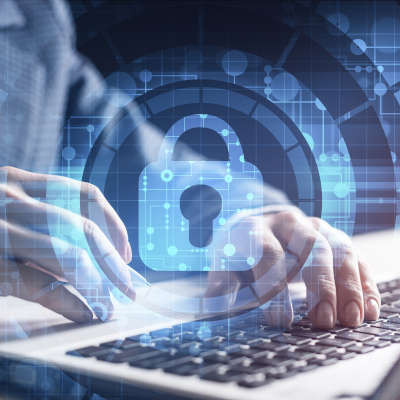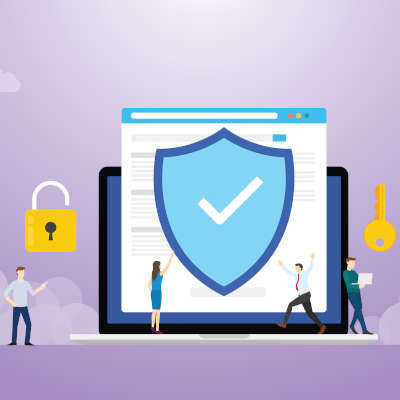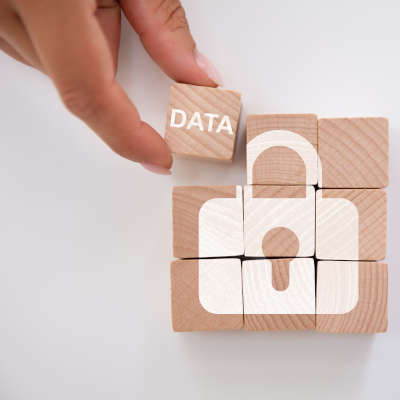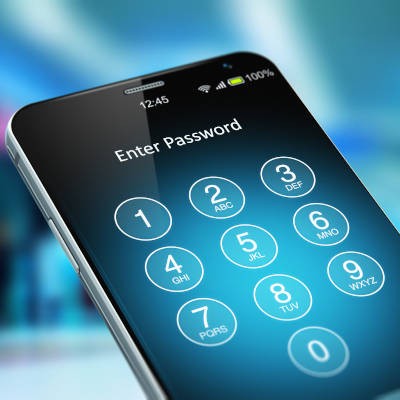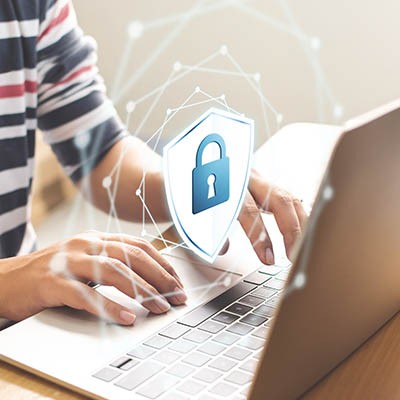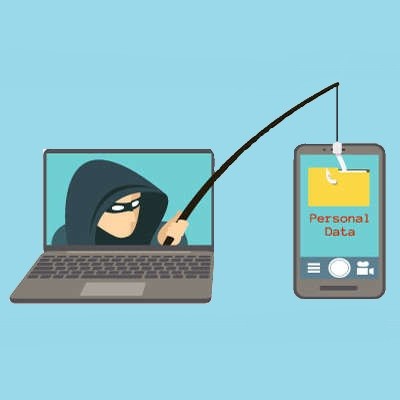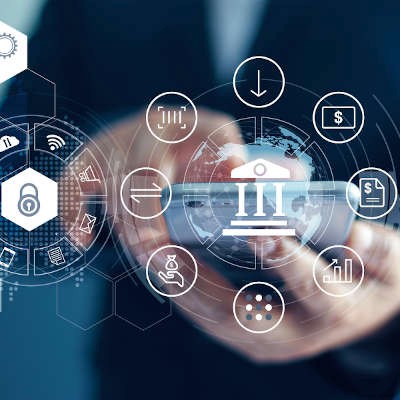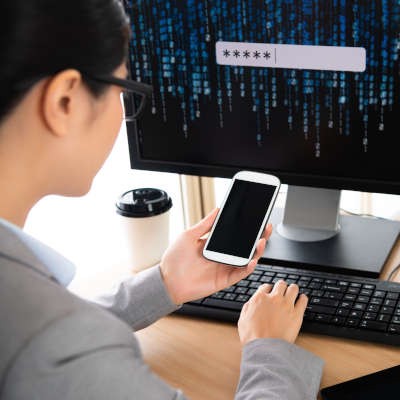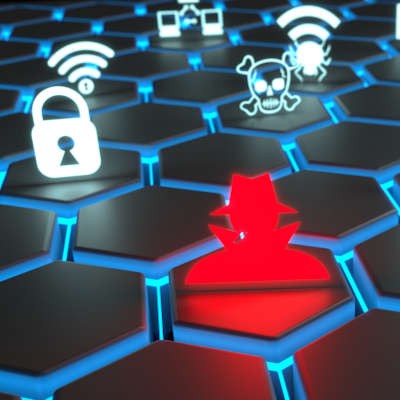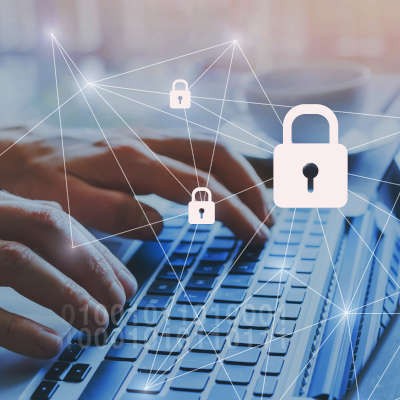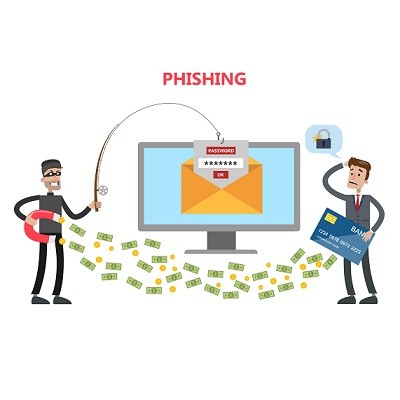SouthBridge Consulting Blog
Every business should consider its security one of its top priorities, and with so much business now happening digitally, cybersecurity is a major part of that. Take, for instance, the heightened importance of email in the extended remote workforce. While email is a great business tool, it can also be an avenue that a cybercriminal uses to attack. So that you can better protect your business, we’re discussing some basic email security steps for this week’s tip.
It may be an understatement to say that business has been difficult thus far in 2020. With all that is going on, nobody should have to deal with cybercrime. Unfortunately, it remains a major consideration for every IT administrator and business owner. With complex solutions being developed to help ward off these cyberthreats, strategies are changing. Today, we thought we’d take a look at four security tools your business should consider to help keep these scammers out of your network.
Keeping your network and infrastructure free from threats is always a priority, but with so many people working remotely businesses have encountered problems doing so. In fact, hackers, known for their opportunism, have been ultra-opportunistic during this period and it is causing many headaches for network administrators. Let’s take a look at some statistics that are definitely concerning as we head into the fall, where many experts expect the virus to become more problematic.
Did you know that, as of July 2020, 69 percent of global desktop Internet users utilized Google Chrome as their browser of choice? With such a large market share, the security associated with Google Chrome is important to keep in mind. To help increase some of this awareness, we wanted to talk about Chrome’s many extensions and the permissions they are too often granted, with minimal awareness from the user.
How concerned are you about your data privacy, as a consumer, particularly when you entrust it to another business? If you answered “very”, you aren’t alone… 87 percent of Americans consider their data privacy to be a human right. Having said that, most don’t pay near enough attention to their own security precautions. Let’s take a few moments and examine this trend.
For a while there, blockchain was a buzzword that you would hear about constantly. It was the future of data security and secure online transactions. As 2020 has pointed our attention elsewhere, you’ve heard less and less about blockchain technology. Today, we’ll take a look at what some of the most innovative companies are doing with distributed encrypted networks,
Today’s smartphones are equipped with assorted ways that users can authenticate their identity, from the now old-fashioned PIN to basic biometrics. However, while these options are available on a wide range of phones, not all of them are equally secure. Let’s look a bit closer at these authentication measures to find out which is most effective.
Data security always needs to be considered as one of your most important business priorities. After all, the ramifications of data loss are wide-reaching and severe. To help you ensure that your data security is at the level it needs to be, we’ve put together five questions you need to answer regarding your business’ security preparedness.
Many users are noticing or just starting to hear about Google and Apple’s initiative to work with local governments to provide an easy way to help users prevent getting infected with COVID-19. The idea is that, if a local or state government wanted to build an app for users that would tell them if people nearby have been tested positive for COVID-19, they would get a notification on their phone.
This, of course, raises many questions and concerns about privacy, but a lot of people are being warned that this has been forced onto their phones already, and that just simply isn’t the case. Let’s take a look.
COVID-19 has changed the way that most business owners look at a dollar. For months, businesses have been making strategic budget cuts to try to stay afloat. Cybersecurity has been the ultimate growth industry over the past several years, but in the face of the pandemic, the market for these products and services is seeing substantial retraction. In fact, Gartner estimates that in 2020, the cybersecurity industry will shrink by almost $7 billion. Today, we’ll take a look at the cybersecurity market and why it is important not to slow your cybersecurity spending if you can help it.
In response to the coronavirus pandemic, many people are avoiding human contact by turning to the Internet and mobile apps. On a national scope, mobile banking alone has seen an increase of 50 percent over just the last few months. In what certainly is no coincidence, the Federal Bureau of Investigation recently put out a warning that identified banking apps as likely targets for hackers.
More people than ever are utilizing the conveniences of the Internet and mobile apps to avoid unnecessary human contact during the coronavirus pandemic. In fact, mobile banking alone has increased by 50 percent over the last few months, nationwide. In a recent PSA, the FBI warned that hackers are likely to be targeting mobile banking apps.
As much as a business relies on its technology, it relies just as much upon its employees to properly put that technology to use. Unfortunately, this can very easily expose the business to various threats that involve their employees. Understanding these insider threats is crucial for a business, especially given how current events may tempt those who would never have considered them otherwise.
It seems as though every business is depending more and more on their IT. This means that their employees have more exposure to their IT systems. Unfortunately, that relationship is where the majority of the problems you will have are. The facts are that any business that has built a strong security policy has the solutions in place to keep direct infiltration from happening. Hackers have to find another way.
People have been examining the COVID-19 pandemic and the resulting economic and social shutdown from every angle. Unfortunately, some of those people took it as the opportunity they’ve been waiting for to try and steal data and in some cases money from unprotected and unprepared people and businesses online. Let’s examine how the events surrounding COVID-19 have had an effect on cybercrime.
There are many different varieties of cybercrime that businesses need to be vigilant about. However, most of these varieties can largely be avoided through a few basic practices and behaviors. Here, we’re giving you a few tips to help you prevent attacks from successfully influencing your business, so make sure you share them with your entire team, as well.
Wherever there is money, there are scammers. So it may not be a big surprise that scammers are out en masse trying to get between you and your federally mandated stimulus money. It’s bad enough that we’ve already seen a couple of phishing scams using the COVID-19 pandemic that are designed to help hackers get into accounts they have no business in, now that these scammers know that people are getting cash, the scams are kicked up a notch.

